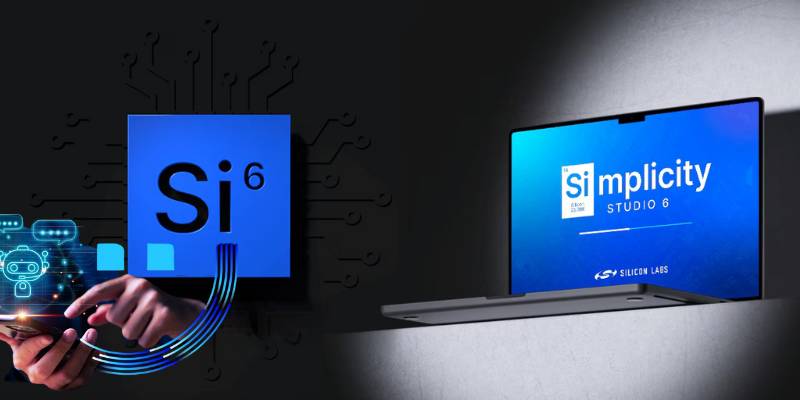Silicon Labs has just revealed Simplicity AI, a new platform designed to bring artificial intelligence straight onto the everyday devices in your home—whether it’s a lightbulb, thermostat, or front-door lock.
The announcement came at their Works With conference, where the company explained how both human developers and AI agents will be able to code, debug, and interact directly with the platform.
One executive quipped that “AI itself is becoming a developer,” and that the company’s job is to make sure it works just as well with machines as it does with us, according to a report from the Austin American-Statesman.
This is the essence of edge AI, where processing happens locally on the device instead of in distant data centers.
It’s not just a matter of convenience—less lag, more privacy, and lower dependence on bandwidth.
Imagine your smart door lock making decisions on the spot rather than pinging the cloud every time. That’s the kind of shift Silicon Labs is betting on, echoed by coverage in the Houston Chronicle.
To build on this edge-first vision, the company also announced its new Series 3 chip line and an AI development kit, which could become the backbone of the next generation of connected devices.
These chips, tuned for energy efficiency and low-power environments, form the nuts and bolts behind the pitch laid out at the Works With event.
There’s also a geopolitical subplot running here. With Washington pressuring semiconductor firms to reshore operations, the fact that Silicon Labs still relies heavily on fabs in Taiwan and Singapore raises big questions about supply chain resilience.
Building a fab in the U.S. is no weekend project—it takes billions, years of expertise, and an appetite for political chess.
The Statesman hinted at these pressures when outlining how the company faces the delicate balance of innovation and global production.
Partnerships are another angle worth noting. Just recently, Silicon Labs teamed up with Unikie to deliver on-device AI solutions, powered by energy-efficient system-on-chips that prioritize responsiveness and data security.
The collaboration, described on Silicon Labs’ own blog, shows how the ecosystem is rallying around making devices smarter right at the edge.
And it doesn’t stop at raw computing muscle. The company has also been exploring how AI could play a role in smarter home appliances connected through the Matter standard, hinting at dishwashers or air conditioners that learn to run when electricity is cheapest.
That vision was sketched out in a Silicon Labs feature on future appliances, suggesting an almost sci-fi turn where devices become adaptive and contextual.
What It Means for You and Me
Here’s the fun part: this could finally give us the smart homes we’ve been promised for years.
Think HVAC systems that adjust themselves instantly, doors that recognize routines without cloud delays, or energy bills shrinking because your appliances figured out the cheapest hours to run.
But it’s not all roses—edge AI means more nodes, more risks. Each chip could be a target, though new layers of encryption and secure enclaves might keep the wolves at bay.
From my perspective, this feels like a real pivot. Instead of stuffing all the brains in the cloud, we’re sprinkling intelligence closer to the action.
It’s faster, cheaper, and frankly, it feels more human—devices reacting instantly without waiting for permission from a server farm halfway across the globe.
Execution will make or break this promise, but if Silicon Labs pulls it off, they may just reshape the future of “smart” into something genuinely clever.


